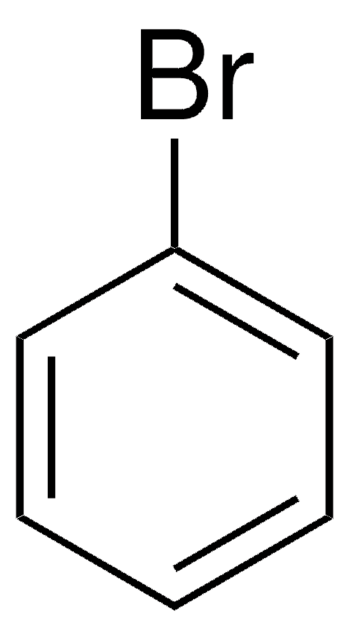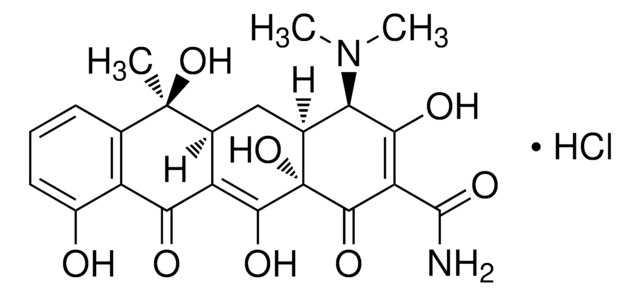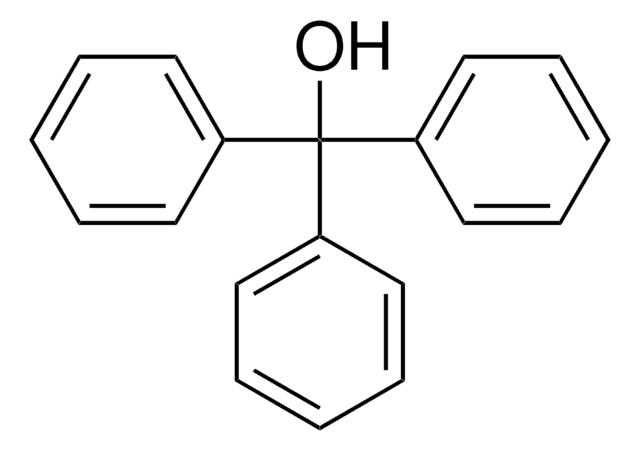19-3900
Methyl Orange
SAJ first grade
Synonyme(s) :
4-[4-(Dimethylamino)phenylazo]benzenesulfonic acid sodium salt, Acid Orange 52, Helianthin, Orange III
About This Item
Produits recommandés
Qualité
SAJ first grade
Forme
solid
Disponibilité
available only in Japan
pH
3.0-4.4, pink to yellow
Chaîne SMILES
[Na+].CN(C)c1ccc(cc1)\N=N\c2ccc(cc2)S([O-])(=O)=O
InChI
1S/C14H15N3O3S.Na/c1-17(2)13-7-3-11(4-8-13)15-16-12-5-9-14(10-6-12)21(18,19)20;/h3-10H,1-2H3,(H,18,19,20);/q;+1/p-1/b16-15+;
Clé InChI
STZCRXQWRGQSJD-GEEYTBSJSA-M
Vous recherchez des produits similaires ? Visite Guide de comparaison des produits
Mention d'avertissement
Danger
Mentions de danger
Conseils de prudence
Classification des risques
Acute Tox. 3 Oral
Code de la classe de stockage
6.1C - Combustible acute toxic Cat.3 / toxic compounds or compounds which causing chronic effects
Classe de danger pour l'eau (WGK)
WGK 3
Point d'éclair (°F)
Not applicable
Point d'éclair (°C)
Not applicable
Équipement de protection individuelle
Eyeshields, Faceshields, Gloves, type P2 (EN 143) respirator cartridges
Certificats d'analyse (COA)
Recherchez un Certificats d'analyse (COA) en saisissant le numéro de lot du produit. Les numéros de lot figurent sur l'étiquette du produit après les mots "Lot" ou "Batch".
Déjà en possession de ce produit ?
Retrouvez la documentation relative aux produits que vous avez récemment achetés dans la Bibliothèque de documents.
Notre équipe de scientifiques dispose d'une expérience dans tous les secteurs de la recherche, notamment en sciences de la vie, science des matériaux, synthèse chimique, chromatographie, analyse et dans de nombreux autres domaines..
Contacter notre Service technique







